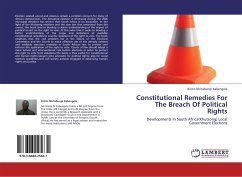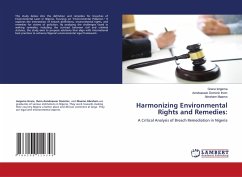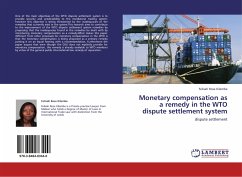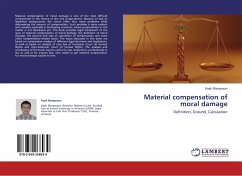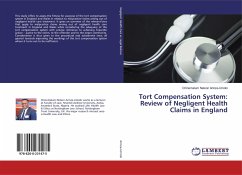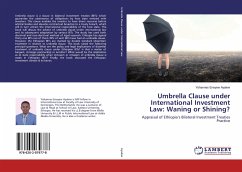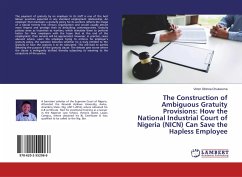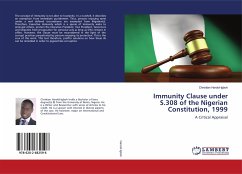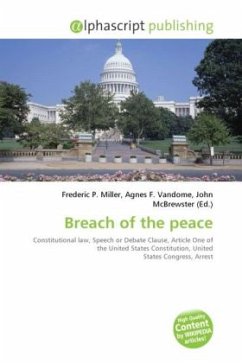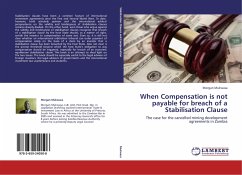
When Compensation is not payable for breach of a Stabilisation Clause
The case for the cancelled mining development agreements in Zambia
Versandkostenfrei!
Versandfertig in 6-10 Tagen
32,99 €
inkl. MwSt.

PAYBACK Punkte
16 °P sammeln!
Stabilisation clauses have been a common feature of international investment agreements since the First and Second World Wars. To date, however, both scholarly opinion and the international arbitral jurisprudence on the validity and bindingness of stabilisation clauses remains sharply divided. On the other hand, even those who argue against the validity and bindingness of stabilisation clauses recognise that breach of a stabilisation clause by the host State should, as a matter of right, entitle the investor to compensation of some sort. Even so, it is still not clear whether an international ...
Stabilisation clauses have been a common feature of international investment agreements since the First and Second World Wars. To date, however, both scholarly opinion and the international arbitral jurisprudence on the validity and bindingness of stabilisation clauses remains sharply divided. On the other hand, even those who argue against the validity and bindingness of stabilisation clauses recognise that breach of a stabilisation clause by the host State should, as a matter of right, entitle the investor to compensation of some sort. Even so, it is still not clear whether an international arbitration tribunal can order payment of compensation solely on the basis of a claim by an investor that a stabilisation clause has been breached by the host State. Also not clear is the precise threshold beyond which the host State s obligation to pay compensation should be triggered, especially for breach of an economic equilibrium stabilisation clause. This book is an attempt to shed light on the two issues. The book should be especially useful to the legal advisors of foreign investors, the legal advisors of governments and the international investment law academicians and students.



